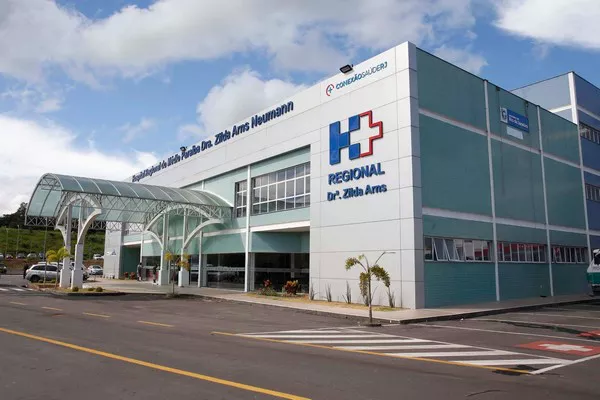Amidst the robust growth in the US job market, analysts are warning of vulnerabilities tied to healthcare spending, particularly in the context of a potential reelection of Donald Trump and the conclusion of a surge in medical procedures delayed due to the Covid-19 pandemic.
According to private payroll data, healthcare and social assistance have contributed nearly half of the new jobs in the past year, with real healthcare consumption experiencing significant growth compared to other spending categories.
In April’s payroll report, out of the total 175,000 jobs added, 87,000 were in health and social assistance fields, encompassing doctors’ and dentists’ offices, as well as home healthcare. This sector has consistently represented a third of overall hiring since April 2023.
Analysts attribute this uptick in hiring to the ongoing recovery from the pandemic, as healthcare facilities ramp up staffing to meet the pent-up demand from patients whose treatments were postponed during lockdowns.
Steve Wasson, chief data and intelligence officer at Strata Decision Technology, noted, “There was a huge population of care that just didn’t happen during the pandemic, so we’re seeing big volume increases.”
Data from Strata indicates substantial jumps in colonoscopy volumes and genetic and positron emission tomography testing in 2023 compared to 2019, reflecting a surge in healthcare utilization.
The expansion of the Affordable Care Act (ACA) and Medicaid has also played a role in bolstering hiring. ACA marketplace enrollment reached a record high in January 2024, driven by subsidies from pandemic-era legislation, while expanded Medicaid coverage in 40 states and Washington DC has facilitated increased healthcare access.
However, economists express concerns about the sustainability of the current strength in the healthcare sector. Veronica Clark, economist at Citi, suggests that demand for post-pandemic procedures may diminish once backlogs are cleared, raising questions about future growth prospects.
The upcoming November election further complicates the outlook for healthcare funding. While Donald Trump has previously attempted to repeal the ACA and indicated openness to cutting Medicaid, the uncertain political landscape makes the future of healthcare policy uncertain.
Dante DeAntonio, economist at Moody’s Analytics, suggests that a Trump presidency could pose risks for healthcare, potentially leading hospitals to scale back hiring plans as a precaution against Medicaid rollbacks.
Additionally, Republican-leaning states’ efforts to implement work requirements for Medicaid recipients could result in millions losing federal funding for their coverage, exacerbating challenges in the healthcare sector.
Furthermore, despite the higher job openings rate in the healthcare and social assistance sector compared to 2019, disparities in wages across subsectors may hinder healthcare providers’ ability to attract and retain talent in a competitive job market.
Related topics:
- 3 Best Natural Pre Workout for Men
- Men’s Specific Nutritional Needs: Everything You Need To Know
- Identifying & Managing Cold Symptoms in Newborns: A Simple Guide


